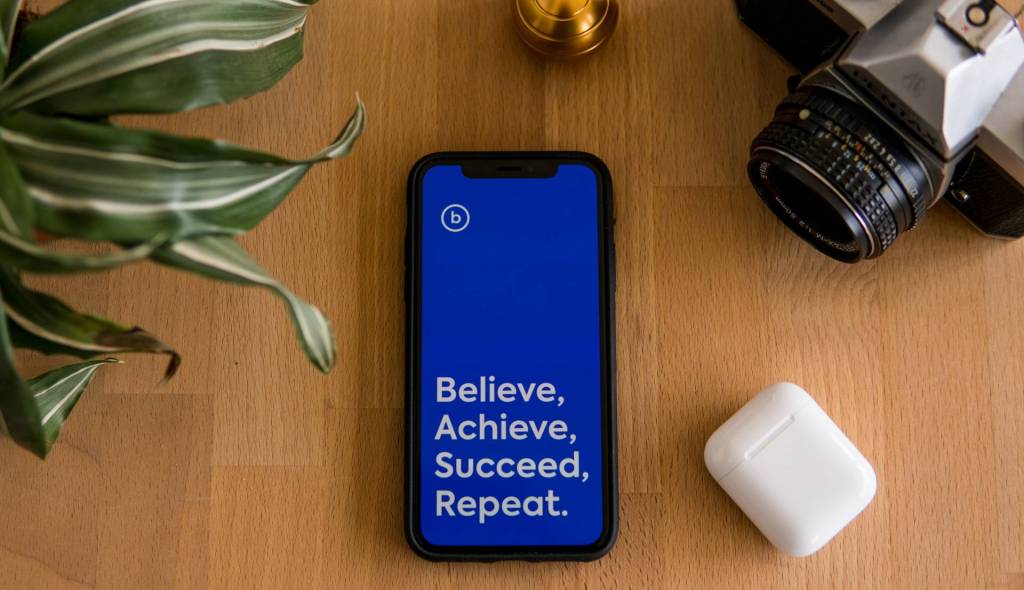It happens to everyone. You have a colleague at work who wants things his way or the highway. Or you have a client who’s never happy. There is no escaping difficult people at work or in business. More challenging still is the fact that you’re not likely to say or do anything to make them change. All you can do is be professional and follow these steps to dealing with difficult people.
Keep Calm
It’s a challenge not to get upset, annoyed, frustrated or angry at difficult people, but doing so doesn’t change anything. It won’t make them be less difficult or you feel less negative. In fact, allowing your negative feelings full reign makes it difficult to problem solve and stay rational. The only option to avoid escalating the difficult person’s behavior is to remain calm. Deep breaths and self-talk are the best ways to prevent negative feelings from taking over.
Be Respectful
While difficult people may not have earned respect, you’ll do much better dealing with them if you show it. There is a saying that you can attract more people with sugar than vinegar, and it’s true. Responding to difficult people with negativity only makes it easier for them to dismiss you. Showing respect can sometimes diffuse conflict and open the conversation up to negotiation. You can show respect by listening and reflecting. Listening to rants or complaints and then reflecting back what was said, you show respect and allow the difficult person to feel heard.
Be Professional
Showing respect doesn’t mean you have to agree with or give in to the difficult person. You can share your thoughts and ideas as well. Hopefully, if you’ve shown respect, the difficult person will have an open mind to hear your views a well. You can increase this chance by expressing your ideas in a professional manner. Avoid showing frustration or annoyance as you respond to the person. After reflecting what you heard, stay calm as you share your thoughts or feelings on the subject.
Focus on the Work/Solution
Difficult people often use personal verbal attacks on you or other people to drive their point across. Avoid getting drawn in to the drama and angst of office politics by focusing on the work or how to solve the problem at hand.
Live Your Brand
Your personal brand is created through your action. At no time is your brand best present than in challenging times and dealing with difficult people. Remember what you want your brand to be and how you want your colleagues or customers to think of you. While the difficult person may never recognize your value, others who are involved or watching from the outside will.












